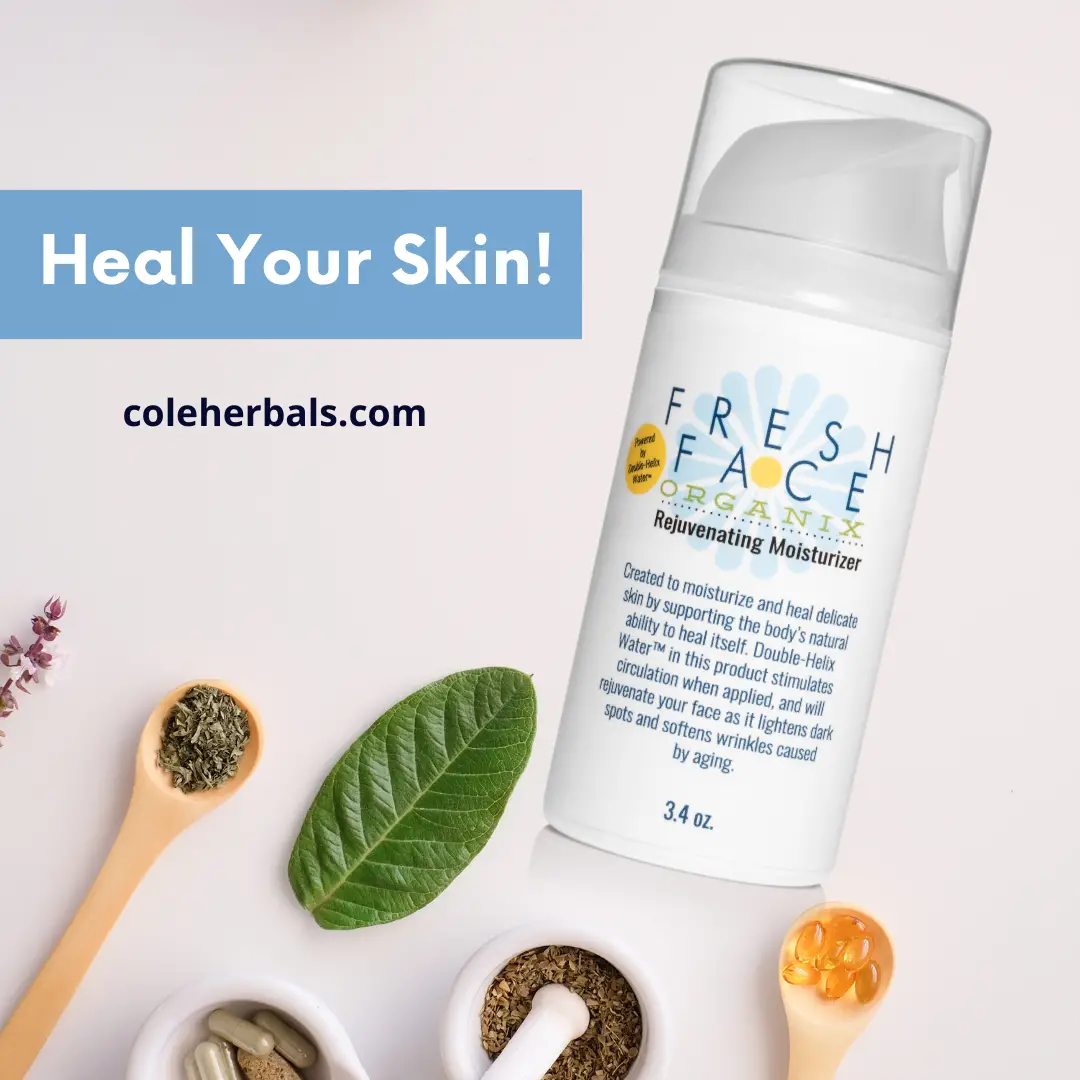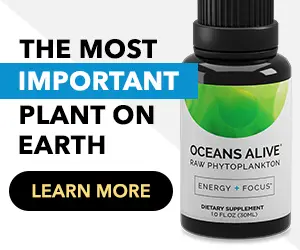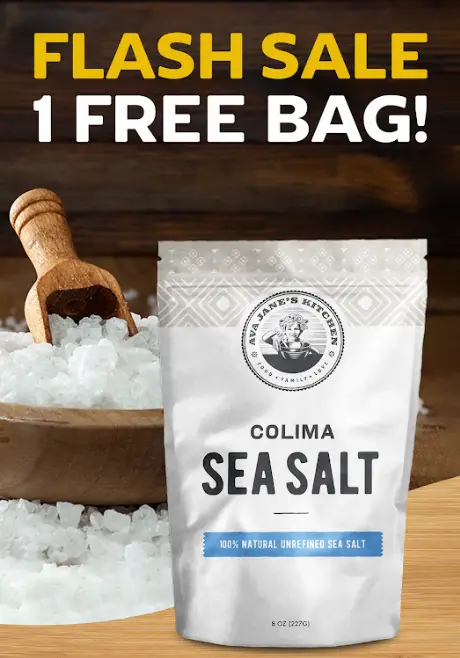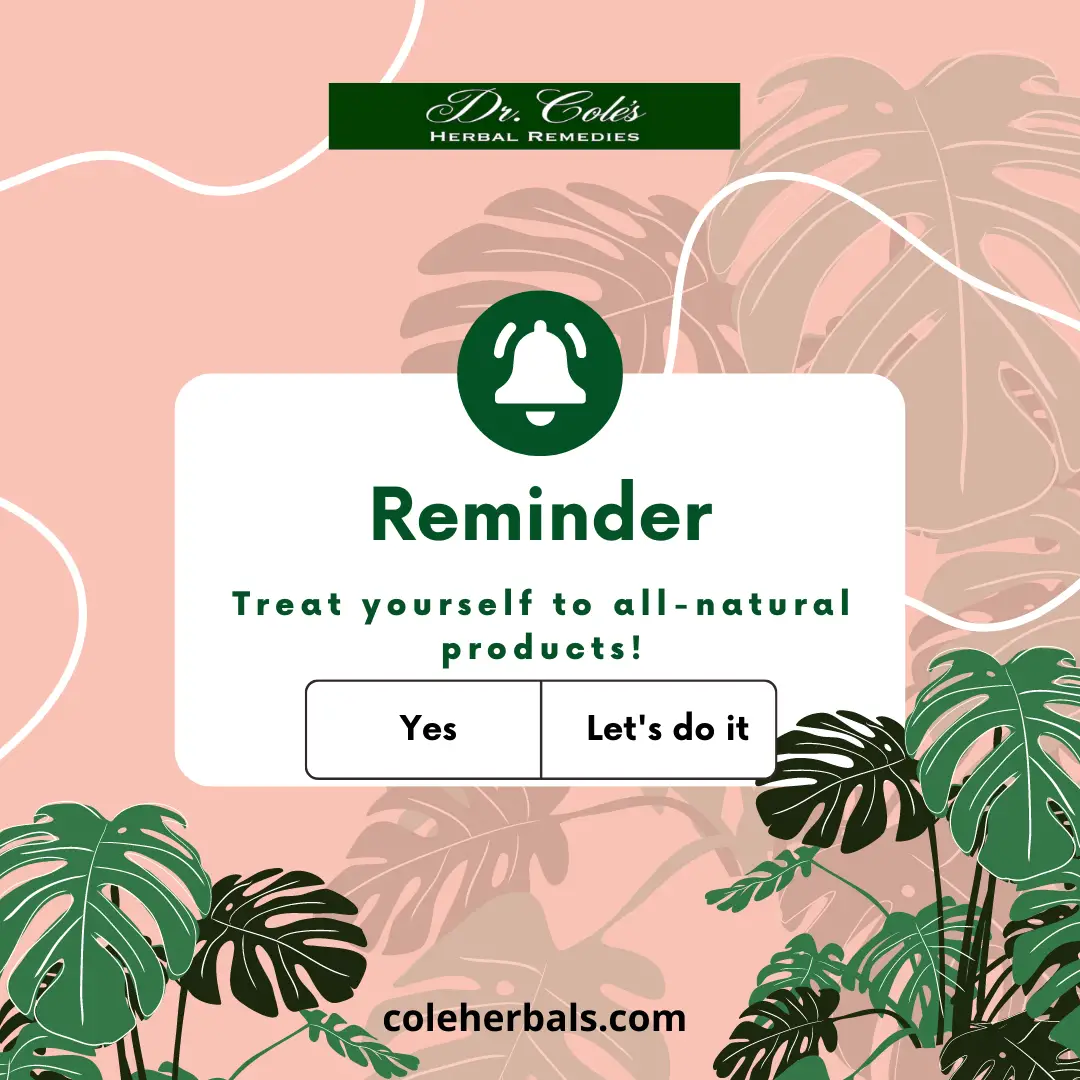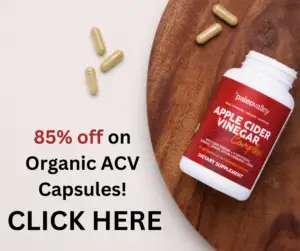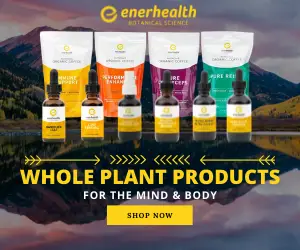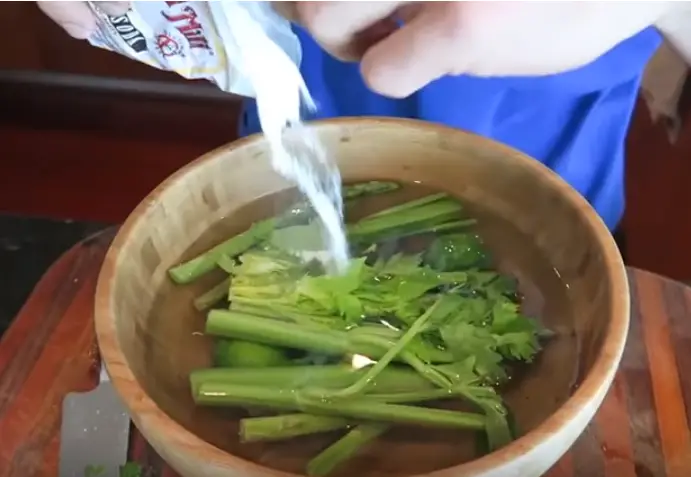 Photo: Video screen capture via FitLife.TV
Photo: Video screen capture via FitLife.TV
Each year, the release of the Environmental Working Group’s ‘Clean Fifteen’ and ‘Dirty Dozen’ lists inspire countless health conscious shoppers looking for the best deals on produce as free from toxic pesticides as possible.
This year’s list followed a similar pattern, with the exception of two well known crops that contain “less than one percent detectable pesticides,” even in their non-organic iteraitons.
Despite the good news, there’s still a pesticide-related problem that shows few signs of slowing in the United States, especially with Bayer set to take over Monsanto in the coming weeks.
The bad news is that glyphosate and other chemicals are more abundant in our environment than ever before. But the good news is that organic food is making a comeback, and there are plenty of ways to mitigate your exposure to harmful pesticides.
One of them is by using the best quality homemade produce wash for your fruits and vegetables, and according to a study from the University of Massachusetts, there is one clear winner that happens to be cheap, simple and effective.
University Study Reveals: Baking Soda Better Than Chlorine for Washing Vegetables
The study, published in October 2017 in the Journal of Agricultural and Food Chemistry by a team of six researchers, looked at three main possible solutions for cleaning produce: pure water, a solution of bleach containing chlorine, and a solution made of water and baking soda.
Organic Gala apples that were coated with the fungicide thiabendazole, or phosmet, a pesticide, by the scientists for research purposes, were used for the study. They were then washed with one of the three solutions.
“We want(ed) to see whether or not the factory level (of washing) is already effective” for removing the chemicals, lead researcher Dr. Lili He said.
In the end, the winner was clear: baking soda took home the number one spot, because of its ability to make the pesticides degrade faster than the other two solutions.
Why Baking Soda is So Effective at Cleaning Produce (Plus How to Use It)
According to the University of Wisconsin, sodium bicarbonate (baking soda) has been listed in the U.S. pharmacopoeia since 1848 as an effective natural healing and cleaning substance because it is 99% pure, and has natural chemical and physical properties that make it safe and effective for at least five major household uses.
A recipe of 1 tablespoon baking soda and 1.5 liters of water mixed into a bowl and then applied on produce is sufficient for removing harsh, toxic chemicals on your produce, whether organic or non-organic; far superior to just water or a bleach solution.
In order to take advantage of the benefits according to the study, you should soak your Gala apples in baking soda for at least eight minutes, as these had “significantly reduced pesticide residue on the surface” according to the researchers.
At 12-15 minutes of soaking, there were “virtually no pesticides left,” the same result as the two aforementioned vegetables, avocados and sweet corn.
While buying organic is still better because of the way it preserves and supports the soil while also delivering higher amounts of disease-fighting antioxdants and higher mineral content, if you do end up buying conventional, you may want to pick up some baking soda as well.
The Best Type of Baking Soda to Use
While the mainstream brands of baking soda are useful for home remedies and will work in a pinch, it’s important to choose a brand that is mined naturally and not chemically extracted if at all possible.
I personally prefer Bob’s Red Mill’s baking soda, because it’s directly mined from the ground the old fashioned way rather than extracted through a chemical process like many other baking soda brands.
The company has gained a lot of notoriety from its “aluminum free” claim on the package, but most companies actually don’t use any added aluminum.
Still, it’s worth noting that the brand is about as natural as any baking soda variety as you’ll find.
“A closed loop process leaves the community and its surroundings virtually untouched,” the company says about its products, which can be found on Amazon.com. “In the process, water is used to extract the sodium bicarbonate and no chemicals are used. Nothing else is added to it so it is naturally free of gluten and aluminum.”
If baking soda isn’t your thing, you might also consider trying out a solution with lemon juice and white vinegar. It’s important to buy organic vinegar whenever possible, because Heinz and other varieties are most often made from genetically engineered corn which may have been heavily sprayed with Roundup herbicides.
Thank you for reading! For more articles like these in your inbox (plus a free eBook on Amazon Rainforest healing herbs), you can click on this link. This article was first published in May 2018 and updated in February 2020.
Thanks for installing the Bottom of every post plugin by Corey Salzano. Contact me if you need custom WordPress plugins or website design.





